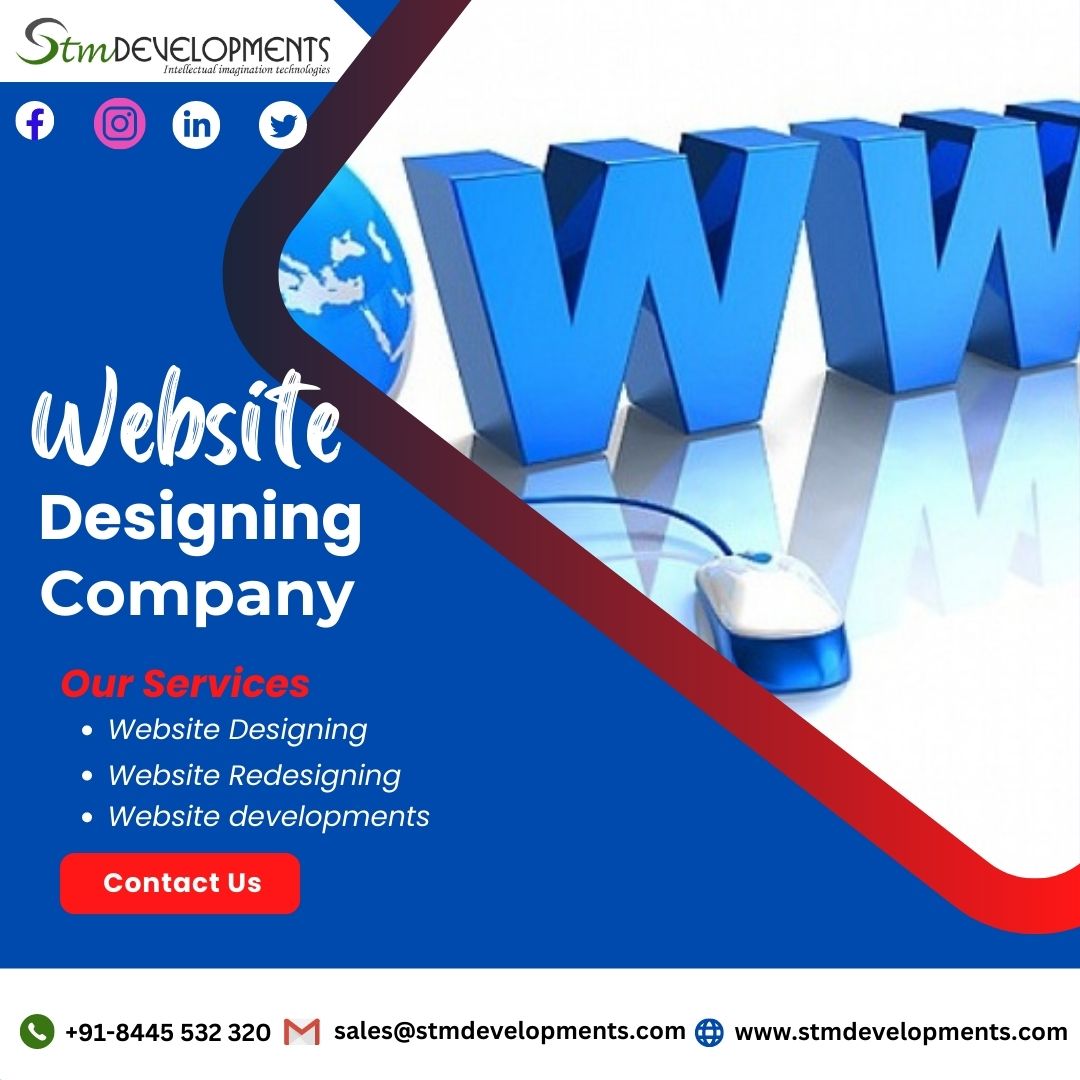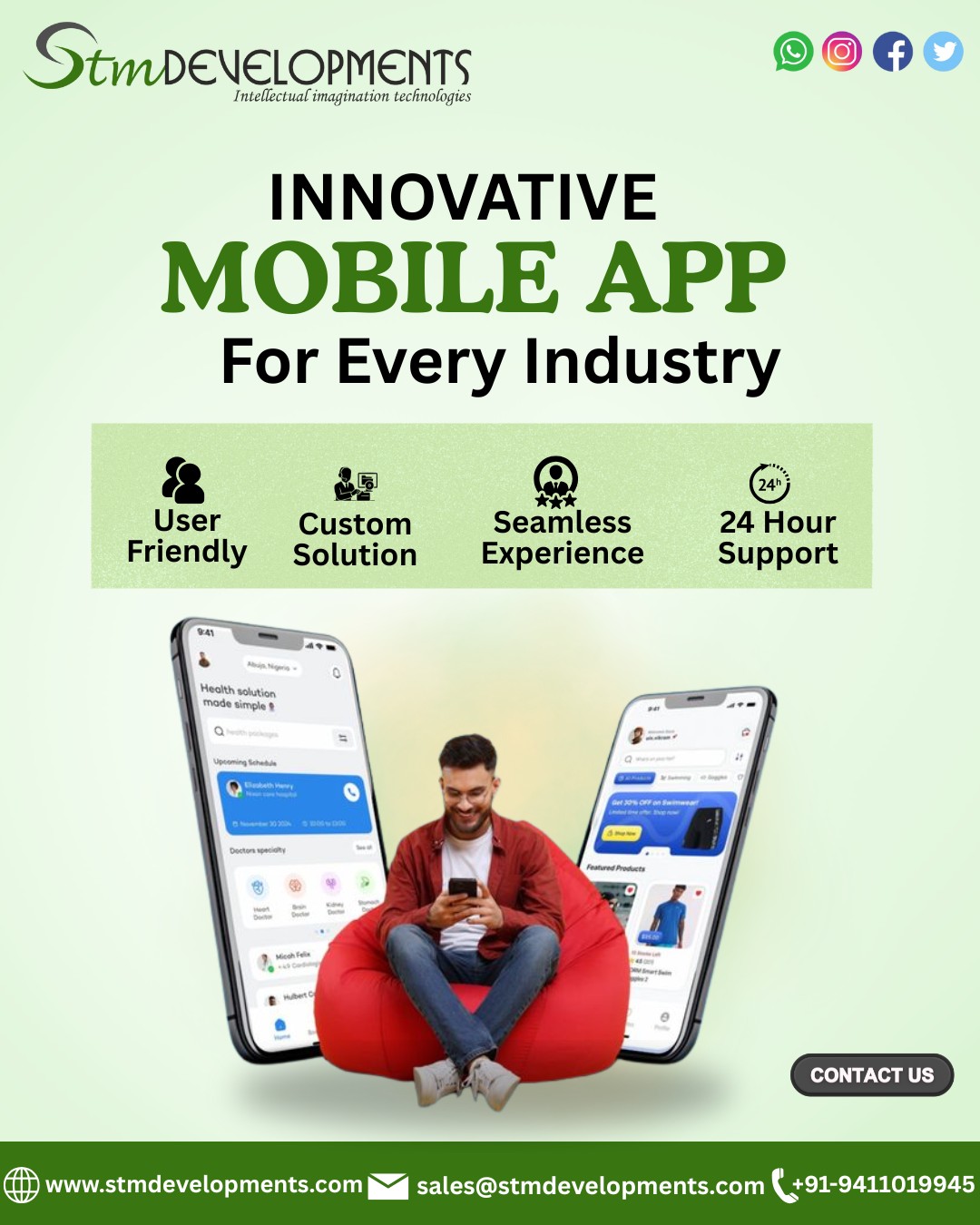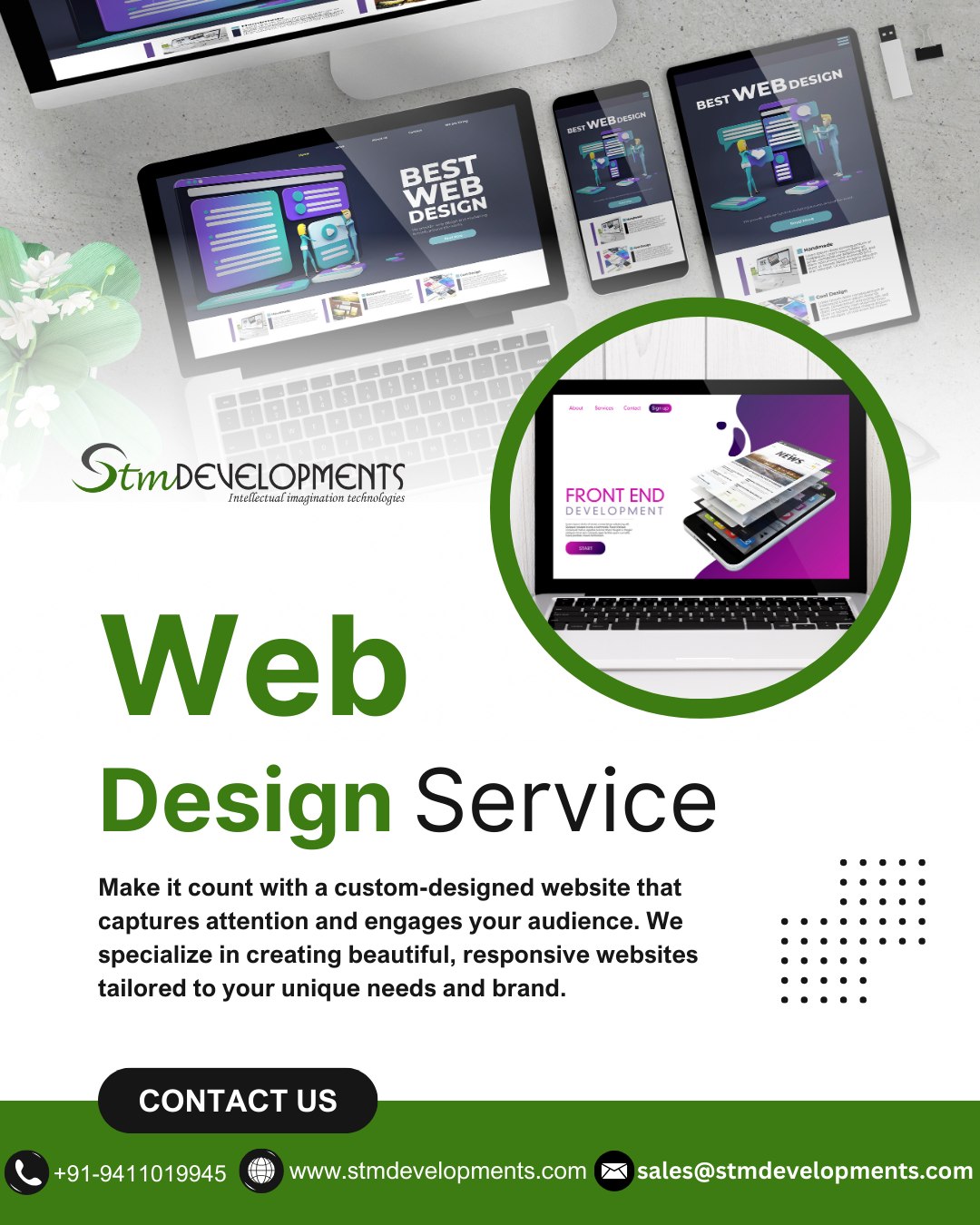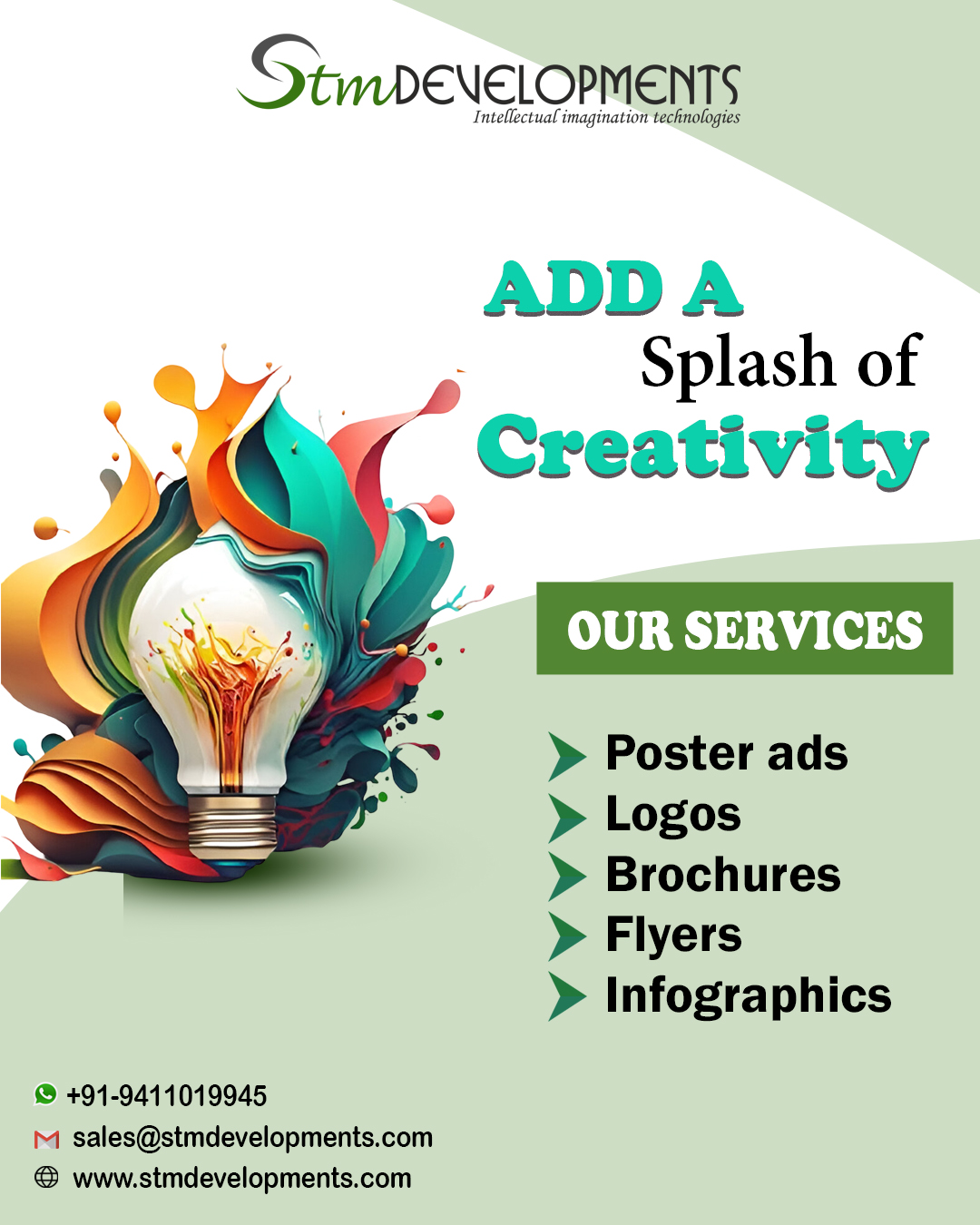From Zero to Hero: Your Essential Web Development Roadmap
Welcome to the exciting world of web development! Whether you're a complete beginner or have a basic understanding of coding, this blog post will serve as your guide to becoming a skilled web developer. We'll explore a roadmap filled with essential skills, resources, and tips to help you navigate your journey.
Laying the Foundation: HTML & CSS
Our adventure begins with the building blocks of every website: HTML and CSS. HTML (HyperText Markup Language) provides the structure and content for your web pages, like headings, paragraphs, and images. CSS (Cascading Style Sheets) brings those elements to life by defining styles like fonts, colors, and layout.
There are numerous free resources available online to learn these fundamental languages. Popular options include:
· FreeCodeCamp: Offers interactive coding challenges and projects to solidify your understanding.
· Codecademy: Provides a gamified learning experience with bite-sized lessons and quizzes.
· W3Schools: A comprehensive website with tutorials, references, and examples for both HTML and CSS.
As you progress, practice building simple static websites to get comfortable with writing HTML and styling them with CSS.
Adding Interactivity: JavaScript
Next, we introduce JavaScript, a powerful scripting language that injects interactivity into your web pages. With JavaScript, you can create dynamic elements, respond to user actions, and build more engaging experiences.
Here are some excellent platforms to learn JavaScript:
· Khan Academy: Offers a well-structured JavaScript course that introduces core concepts effectively.
· The Odin Project: Provides a full-stack web development curriculum with a focus on JavaScript.
· Udacity: Features interactive courses and Nanodegree programs to enhance your JavaScript skills.
Practice writing simple JavaScript functions and incorporating them into your existing HTML/CSS projects.
Building Complex UIs: Front-End Frameworks
As your projects grow more intricate, front-end frameworks can streamline development. These frameworks offer pre-built components and functionalities, allowing you to focus on creating unique features for your web applications. Popular options include:
· React: A widely-used framework known for its component-based architecture and virtual DOM.
· Angular: A comprehensive framework from Google, ideal for building large-scale web applications.
· Vue.js: A versatile framework known for its ease of use and progressive adoption.
Learning a front-end framework is not mandatory at the beginning, but it becomes valuable as you tackle more complex projects. Explore tutorials and documentation for your chosen framework to understand its functionalities.
Beyond the User Interface: Back-End Development (Optional)
Web development isn't just about what users see. The back-end handles server-side logic, database interactions, and application functionality. While not required for all web development projects, understanding back-end development broadens your skillset and opens doors to full-stack development opportunities.
Here are some resources for exploring back-end development:
· Coursera: Offers various courses on back-end development using languages like Python, Java, or Ruby.
· edX: Provides online courses from prestigious universities on back-end technologies and concepts.
· Node.js: A popular JavaScript runtime environment that allows you to build server-side applications.
Continuous Learning and Practice
Remember, web development is a continuous learning process. Stay updated with the latest trends and technologies by following industry blogs, attending meetups, and contributing to open-source projects.
Here are some additional tips for your journey:
· Build a portfolio: Showcase your projects on a personal website or platforms like GitHub Pages.
· Network with other developers: Connect with them online or at local meetups to learn and share experiences.
· Don't be afraid to experiment: Challenge yourself with new projects and technologies to keep learning and growing.
With dedication, practice, and this roadmap as your guide, you'll be well on your way to becoming a skilled web developer!





